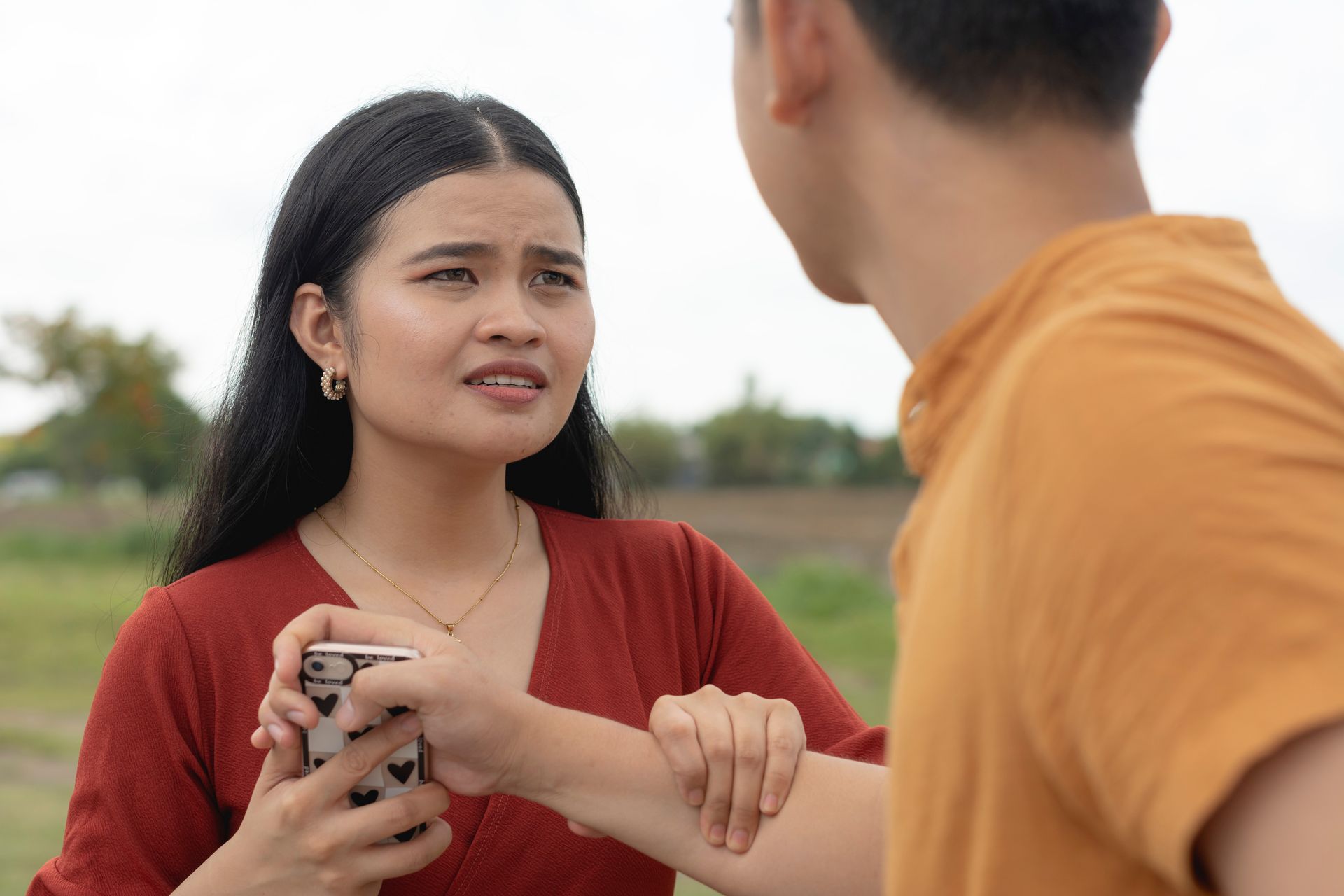In Minnesota, a child can run away and be on their own only under a handful of circumstances—usually only if they have a court order allowing them to live on their own or they enlist in the armed forces. In such instances, the child is no longer under their parents’ authority. As a result, parents are also released from any legal obligations to that child.
In nearly all other instances the child is considered a runaway if they leave home without their parents’ or legal guardians‘ permission.
Up until recently, minors between the age of 16 and 17 could also obtain a marriage license with the permission of their parents, a guardian or a judge. Marriage of minors in Minnesota was prohibited in 2020.
In other words, Minnesota minors can become emancipated if they meet certain criteria. Emancipation is a serious decision and it’s advisable to consult with a legal professional before making the decision to pursue it.
What Is Emancipation?
Emancipation is a legal process through which a person under 18 years of age is granted independence before they reach the age of majority. It effectively releases the minor from the control and authority of their parents or legal guardians.
When a minor is emancipated, they gain certain rights and responsibilities that are typically reserved for adults. These rights and responsibilities include things like financial independence, decision-making autonomy and the right to live independently.
While most minors don’t pursue emancipation, some consider it a gateway to a better life. However, the burden of proof can be particularly high. Children without any income or home can be a burden on state and city governments. Unless there’s compelling proof the child is unsafe at home and the minor has demonstrated an ability to care for themselves, emancipation can be difficult to obtain.
Reasons Why Minors May Wish to Become Emancipated
Family Issues
Unhealthy or abusive family situations can lead teenagers to seek emancipation. If a minor is experiencing neglect, physical or emotional abuse or an unstable home environment, they may see emancipation as a way to escape those circumstances and take control of their own lives.
Financial Considerations
Financial independence may be a motivating factor for minors who wish to become emancipated. They may believe that being emancipated will allow them to work more hours, keep their earnings, enter into contracts and manage their finances freely.
Marriage and Relationships
Prior to HF745 * and SF1393 , minors whose parents didn’t approve of their romantic relationship or even forbade it altogether could decide to get married in order to continue the relationship without their parents’ or legal guardians’ consent. Minnesota has now prohibited child marriage altogether, thus getting married is not a path to emancipation for minors.
Emancipation in Minnesota
Because the situation is rare, there is no specific and formalized procedure for children, parents or courts to follow. Unlike some other states that have clear guidelines and processes for emancipation, Minnesota does not have a specific statute addressing emancipation. Each case is evaluated individually and is at the discretion of the court.
The court considers the best interests of the minor when deciding whether to grant emancipation. Factors such as the minor’s maturity, ability to support themselves financially and understanding of the legal and practical implications of emancipation are considered.
Are Emancipated Children Considered Adults Under Minnesota Law?
As confusing or surprising as this may be, emancipated children don’t automatically become adults under Minnesota law.
While emancipation grants certain rights and responsibilities typically associated with adulthood, it doesn’t change the legal age of majority or alter other age-specific legal restrictions in the state.
As an emancipated minor in Minnesota, you may have the ability to make certain decisions independently, such as those regarding your education, healthcare and finances, but you may still be subject to age restrictions and limitations imposed by other laws. For example, you’re still required to comply with laws related to voting, consuming alcohol, buying cigarettes or engaging in certain contractual agreements that have age restrictions.
Thinking About Becoming Emancipated in Minnesota?
If you’re thinking about becoming emancipated in Minnesota and you’d like to learn more about your rights as a minor in Minnesota, it’s a good idea to talk to a knowledgeable lawyer.
Young people in abusive households or those facing unique challenges in their family dynamic may discover there are avenues outside of emancipation that can help them resolve their issues. An attorney may be able to explain easier paths with less resistance.
At Minnesota Lawyer Referral and Information Service (MNLRIS), our referral counselors can help you find qualified, confidential and trusted legal counsel and representation.
To learn more about how to connect with the right lawyer for your case, call (612) 752-6699.
The post Can a Child Run Away and Legally Be on Their Own in Minnesota? first appeared on Minnesota Lawyer Referral and Information Service.




